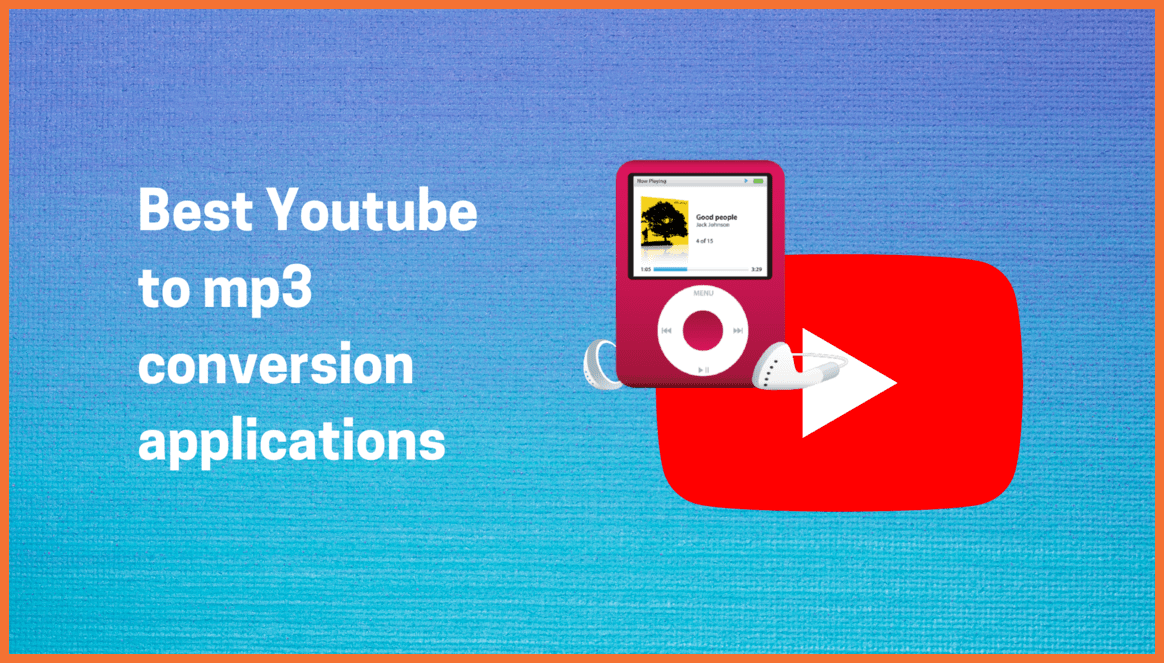
Customer:
A customer refers to an individual or organization that buys a product or service from a company. Customers are the lifeblood of any business, and their satisfaction is crucial to the success of the company. Customer satisfaction is the key to customer retention, and loyal customers are more likely to refer new customers, leading to increased revenue for the business.
Media:
Media refers to the various channels of communication that are used to reach a large audience. Traditional media includes newspapers, magazines, radio, and television, while digital media includes social media, blogs, podcasts, and streaming platforms. The media plays a significant role in shaping public opinion and disseminating information, making it a powerful tool for businesses to reach their target audience.
YouTube to MP3 Converter – Free:
A YouTube to MP3 converter is a tool that allows users to extract the audio from a YouTube video and convert it into an MP3 file format. This tool is particularly useful for users who want to listen to music or other audio content offline, without the need for an internet connection. Free YouTube to MP3 converters are widely available online, and many offer fast and reliable conversion services.
YouTube to MP3 Converter Free:
A YouTube to MP3 converter free refers to a tool that allows users to extract the audio from a YouTube video and convert it into an MP3 file format without any cost. Many free YouTube to MP3 converters are available online, but users should exercise caution and only use trusted websites to avoid malware and viruses.
Wholesale:
Wholesale refers to the sale of goods or products in large quantities to retailers or other businesses. Wholesale prices are typically lower than retail prices because of the bulk purchase of goods. Wholesalers play a critical role in the supply chain, and they often work directly with manufacturers to source products at the lowest possible cost. Wholesale businesses can be profitable, but they require a significant investment in inventory and infrastructure.
Customers:
Customers are individuals or organizations that purchase goods or services from a company. Customers are the lifeblood of any business, and their satisfaction is crucial to the success of the company. Companies that prioritize customer satisfaction are more likely to retain customers and attract new ones, leading to increased revenue and profitability.
COO:
COO stands for Chief Operating Officer, and it is a senior executive position responsible for the day-to-day operations of a company. The COO typically reports directly to the CEO and is responsible for implementing the company’s strategic goals and objectives. The COO oversees various departments, including finance, marketing, operations, and human resources, to ensure that the company is running efficiently and effectively.
ESG:
ESG stands for Environmental, Social, and Governance, and it is a framework used to evaluate a company’s sustainability and ethical impact on society and the environment. ESG investing considers these factors in investment decisions to create positive social and environmental impacts while also earning returns. Companies that prioritize ESG factors have a positive impact on the environment, society, and their bottom line. They can attract and retain customers who prioritize ethical and sustainable practices, minimize risks associated with environmental issues, and enhance their reputation and brand value.











